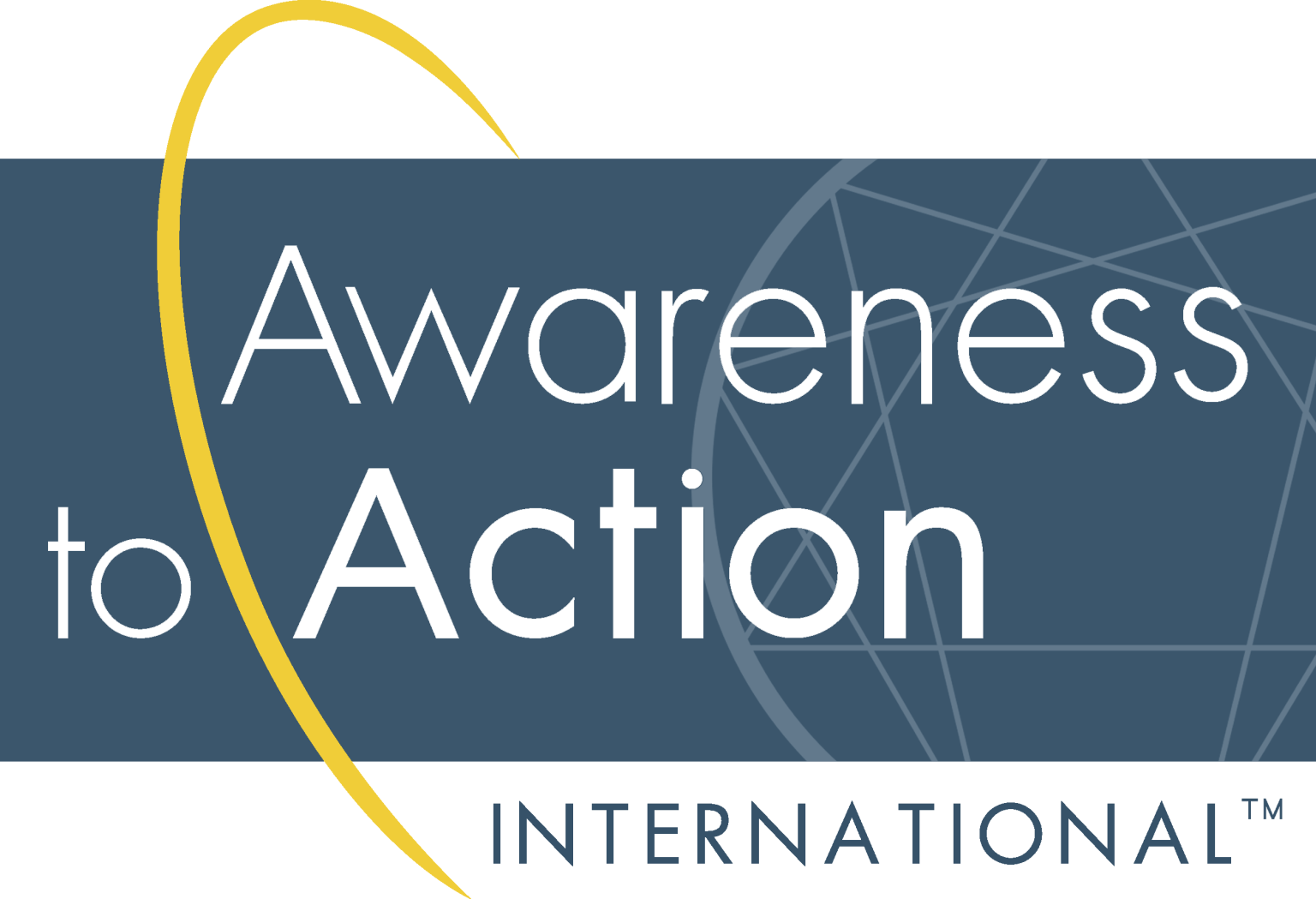Every generation tends to think it is living in a uniquely revolutionary time. This generation may actually be correct—the world seems to be changing exponentially and to degrees that have not been seen since the Industrial Revolution.
Joshua Cooper Ramo, author of “The Seventh Sense,” makes a compelling case for this view. Ramo, co-CEO of Kissinger Associates (yes, as in Henry Kissinger…), describes how the leader of the future will need a “seventh sense,” an ability to see patterns and connections that are driven by technology and globalization in ways never before imagined.
Likewise, Microsoft CEO Satya Nadella made some interesting comments about artificial intelligence (AI) and its affect on leaders and workforces at the recent Aspen Ideas Festival.
According to “Fortune” magazine editor Alan Murray, Nadella pointed out that AI will increasingly dominate our lives and create “massive” workforce displacement. Challenges that Microsoft and most other companies will have to grapple with, according to Nadella, are:
“How do we create AI to augment human capabilities and enhance the human experience? What are the things we need to do so that human welfare is front and center? And that means building in trust, transparency, the ability to take back control, and infusing technology with human values and empathy.”
Nadella went on to say that the AI revolution will happen faster than previous industrial revolutions, calling for “reskilling on a constant basis.”
In order to be successful in the future, people will need capabilities to do things that machines can’t. Among the skills that workers of the future will need are “empathy, creativity, curiosity, and the ability of humans to be able to explore things which are non-linear.” Educators will need to understand that “a more diverse set of subjects, beyond STEM, could become even more important.”
So what does all this mean for leaders of the future?
One scenario is admittedly bleak—those displaced are not re-placed, leading to fewer people being employed, rising populism and anti-globalism, and a more-challenging business climate (think Brexit on a global scale). Those in the leadership classes who believe they are not among those who will be displaced by machines need to remember that fewer employees require fewer leaders to lead them. Competition for leadership roles will become more-fierce, and you will need to be equipped for that competition.
The second scenario is that this revolution, like those of the past, will increase net prosperity and employment in the long run. But if Ramo and Nadelli are right, the skills required for success will be much more focused on what are traditionally considered “soft skills”—empathy, communication, creativity, etc.
Under either scenario, competencies that today may fall into the “nice-to-have” category will be necessities. The leader of the future will need:
- Self-awareness—the foundation of adaptability and the ability to learn new skills and competencies.
- An understanding of human nature—the foundation of empathy, communication, and conflict management.
- Exceptional critical thinking and decision-making skills—the foundation of the ability to see the real patterns and connections amidst an avalanche of data and complexity.
- Curiosity and a global mindset—the foundation of creativity and innovation.
- The ability to execute—the foundation of the ability to respond quickly to an ever-changing world and bring products to market faster than the competition.
Are you ready for what is coming?






